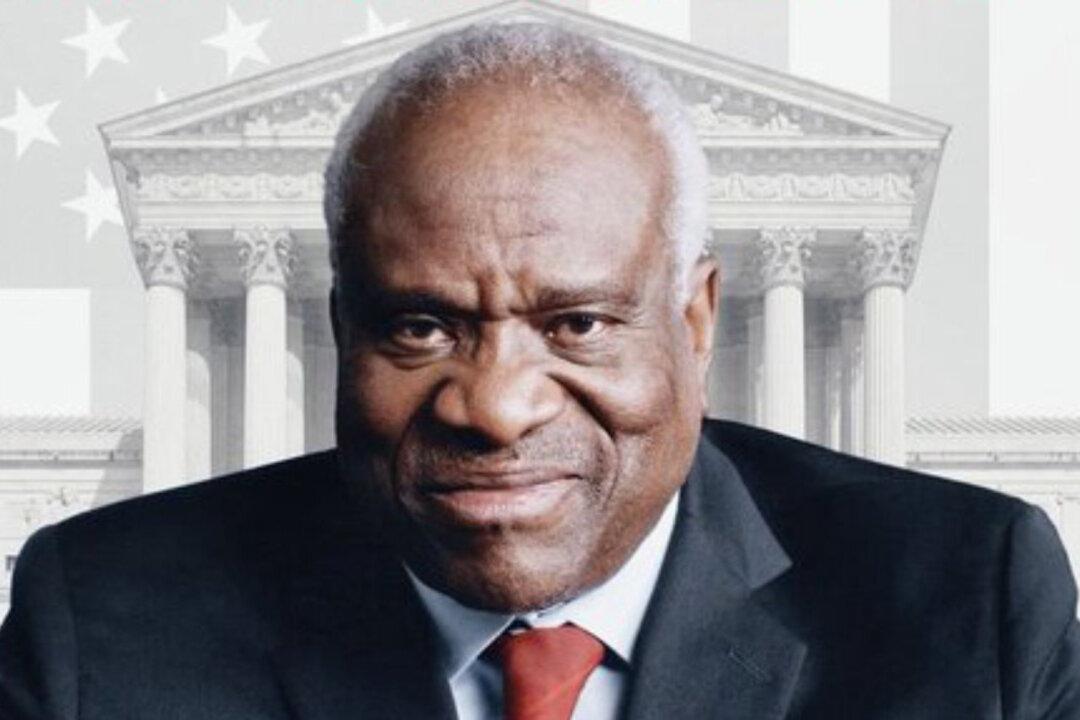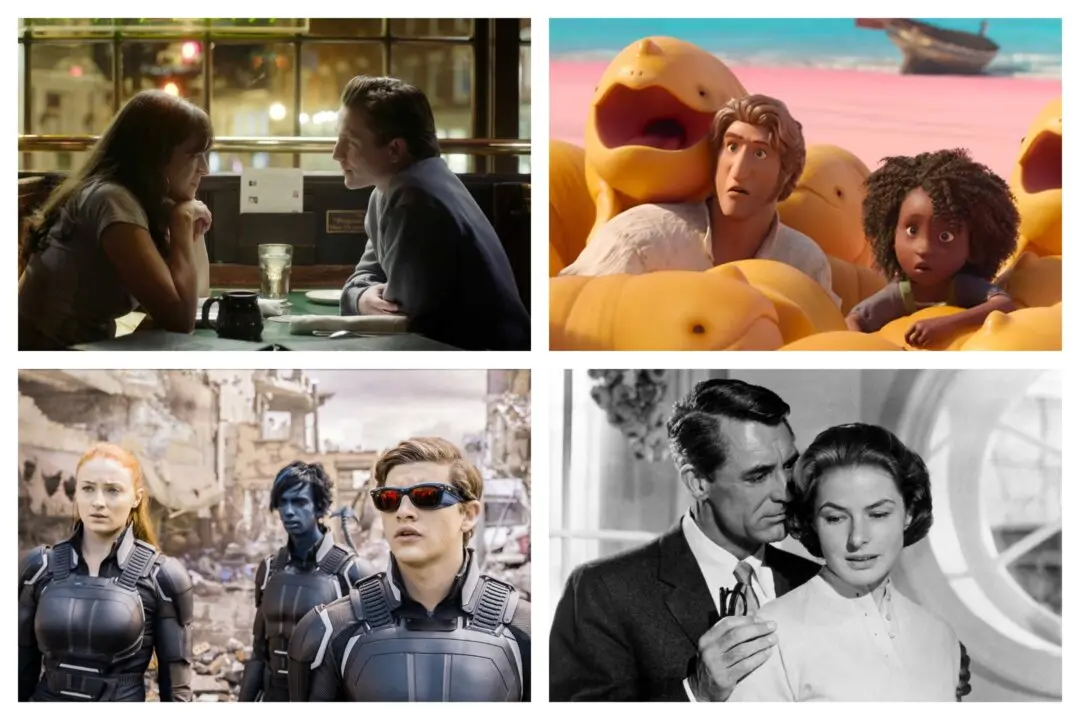Commentary
Like many people, I’ve always been a big fan of underdog stories: those tales in which someone has been counted out or virtually destroyed, yet manages to muster the inner strength to forge ahead, overcoming whatever obstacles stand in the way.





